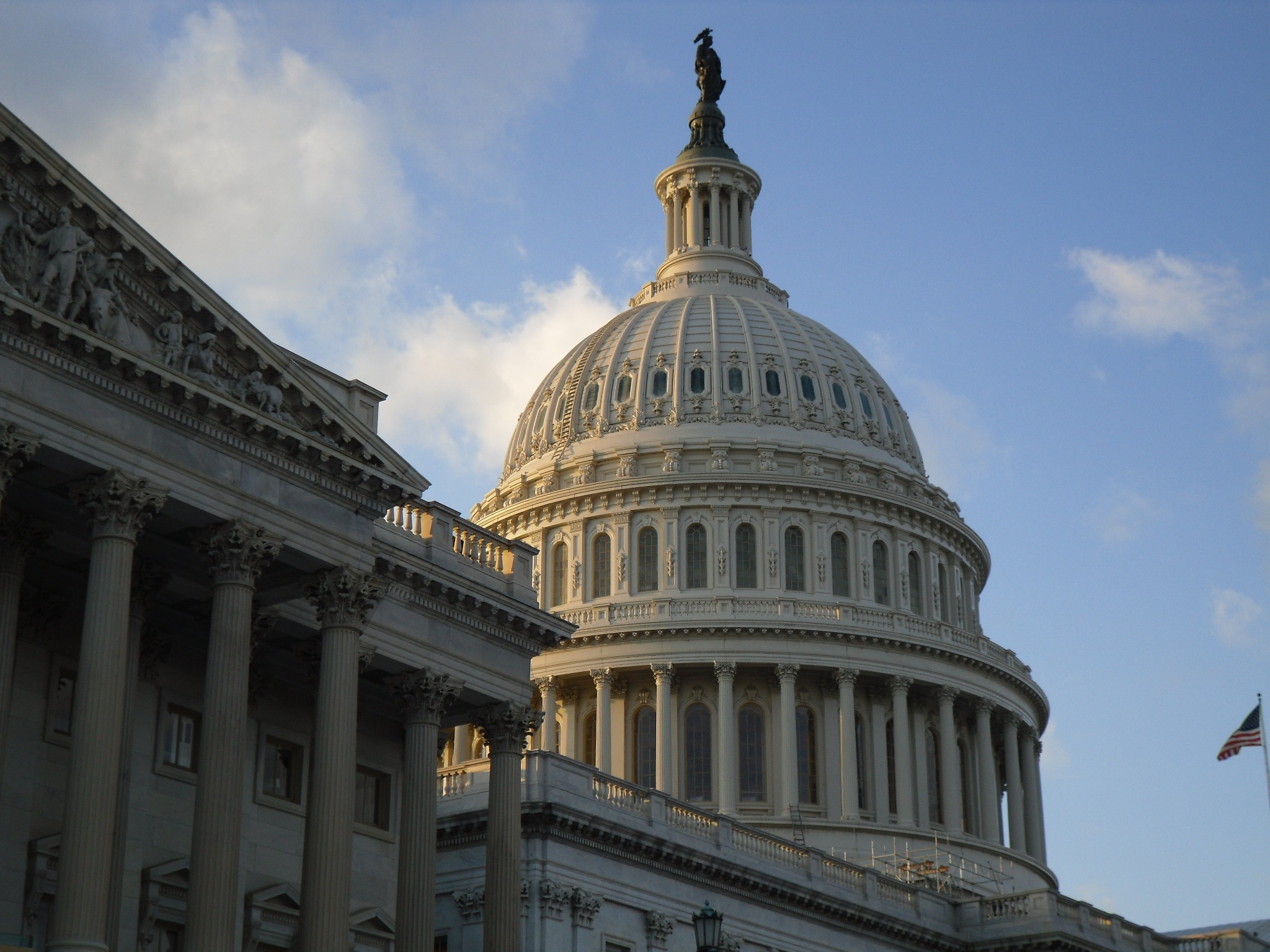With a mid-October deadline looming, Congress left Washington, D.C. for its long summer recess without a critical vote on raising the country’s debt ceiling to prevent the U.S. government from defaulting on its debt obligations. Since approaching its statutory borrowing limit of just under $20 trillion earlier this year, Treasury Secretary Steven Mnuchin has had to take “extraordinary measures” to avoid breaching the debt ceiling.
Key Points
• Given the role of U.S. Treasuries as the ultimate safe-haven asset, a default could have far reaching consequences for financial markets.
• Treasury Secretary Steve Mnuchin is reported to have begun lobbying congressional leaders for a “clean” debt ceiling increase. However, it may prove to be a tough vote as neither Republican nor Democratic leaders have signed off yet on the Trump administration’s plan to raise the debt limit without attaching other policies. Mnuchin is seeking a “clean” debt ceiling increase by September 29th, giving the House and Senate 12 joint working days before the Treasury Department says it would no longer be able to pay all of the government’s bills.
• Following a heated political showdown in 2011 that had the U.S. on the brink of default, credit rating agency Standard & Poor’s downgraded the U.S. credit rating from its prized AAA rating by one notch to AA+ on concerns about the budget deficit and rising debt burden. The move by S&P roiled global financial markets.
• With the deadline fast approaching markets have already started to price in the potential ramifications of a lengthy debt ceiling debate. Treasury investors are requiring a higher premium to hold 3-month Treasury bills that mature during the weeks in mid-October when the debt ceiling could potentially be breached.
• Auctions for short-dated Treasuries have attracted weak demand recently. The bid to cover on 3-month Treasury bills was at its lowest point since 2009 in a late July auction.
• New England Investment & Retirement Group continues to believe that investors should be patient and adhere to a well-constructed, diversified investment portfolio anchored to your goals and time horizon. Despite elevated risks such as U.S. fiscal policy issues, we do not find compelling reasons at this time that would justify overriding our asset allocation methodology.





